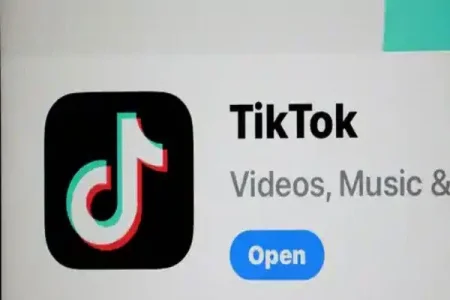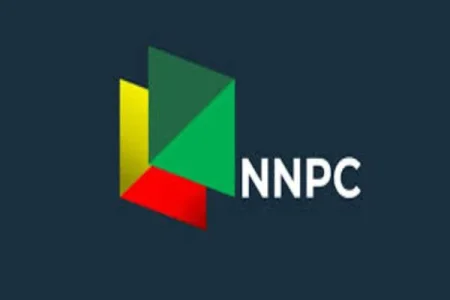
The U.S. Supreme Court is set to decide whether TikTok will be banned on January 19, 2025, due to national security concerns over its Chinese parent company, ByteDance. If enforced, users may face limited app access, while Project Liberty seeks to buy TikTok's U.S. assets.
The U.S. Supreme Court recently heard a two-and-a-half-hour argument regarding the potential TikTok ban, which is set to take effect on January 19. The Biden administration's law requires TikTok’s Chinese parent company, ByteDance, to sell the platform or face a ban due to national security concerns. TikTok argues that the law violates the First Amendment's protection of free speech, leading to legal battles that could impact the platform’s availability in the U.S.
If upheld, ByteDance must sell TikTok's U.S. operations by January 19, or the platform will be banned in the country. U.S. app stores and internet services would no longer support the app, though users who have already downloaded TikTok can still access it. However, they will be unable to update it, causing the app to degrade over time.
With less than a week left, the court is expected to make a decision soon. In the meantime, content creators are exploring workarounds like Virtual Private Networks (VPNs) to maintain access. However, VPNs may not be a foolproof solution as they can slow down connections or be blocked.
In the background, Project Liberty, led by billionaire Frank McCourt, has made an offer to purchase TikTok’s U.S. assets. This proposal, which could secure the platform's future in the U.S., has raised questions about the future of the app’s algorithm, which remains protected as intellectual property by China.
As the clock ticks, uncertainty looms over TikTok’s fate in America, and users and influencers alike are bracing for the impact of a potential ban.




